Published in 2019 by Greenhaven Publishing, LLC
353 3rd Avenue, Suite 255, New York, NY 10010
Copyright 2019 by Greenhaven Publishing, LLC First Edition
All rights reserved. No part of this book may be reproduced in any form without permission in writing from the publisher, except by a reviewer.
Articles in Greenhaven Publishing anthologies are often edited for length to meet page requirements. In addition, original titles of these works are changed to clearly present the main thesis and to explicitly indicate the authors opinion. Every effort is made to ensure that Greenhaven Publishing accurately reflects the original intent of the authors. Every effort has been made to trace the owners of the copyrighted material.
Cover image: Dmytro Zinkevych/Shutterstock.com
Library of Congress Cataloging-in-Publication Data
Names: Heitkamp, Kristina Lyn, editor.
Title: Learned helplessness, welfare, and the poverty cycle / Kristina Lyn Heitkamp, book editor.
Description: New York : Greenhaven Publishing, [2019] | Series: Current controversies | Audience: Grade 9 to 12. | Includes bibliographical references and index.
Identifiers: LCCN 2018024583| ISBN 9781534503885 (library bound) | ISBN 9781534504639 (pbk.)
Subjects: LCSH: Public welfareUnited StatesJuvenile literature. | United StatesSocial policyJuvenile literature. | PovertyUnited StatesJuvenile literature.
Classification: LCC HV91 .L3534 2019 | DDC 362.50973dc23 LC record available at https://lccn.loc.gov/2018024583
Manufactured in the United States of America
Website: http://greenhavenpublishing.com
Contents
John Wihbey
Stanford University investigated poverty and inequality in the UnitedStates by looking at economic data coupled with academic researchto present an analysis of the nations economic health.
Yes: Welfare Entitlements Create a Culture of Dependency
Arthur C. Brooks
Government aid programs that are meant to catch those who fallon hard times instead entrap them into a cycle of dependency, andchildren of poor families are hit the hardest.
Caroline Polk
Education is the most effective path to economic independence.However, government welfare entitlement programs stress workinstead of educational goals.
Michael Tanner and Tad DeHaven
Private aid organizations can offer more flexible and diverseassistance to poor Americans, and without the expensive mess ofpaperwork and bureaucracy.
No: Welfare Is Necessary Because of Income Inequality
Jana Kasperkevic
Without government entitlement programs, such as food stampsand Social Security, millions more Americans, especially the mostvulnerable, would be living in poverty.
Christopher Jencks and Kathryn Edin
Delaying parenthood until your twenties, getting married before youhave children, and staying in school until graduation are commonlybelieved to be ways of having a family without relying on governmentassistance, but these are misconceptions.
Kay S. Hymowitz
Since welfare reform took place, rates of child poverty havedecreased, and single mothers are making more money than whenthey were on welfare assistance.
Maya Shankar
Research shows that children living in poverty hear roughly million fewer words in total during the first years of life than childrennot living in poverty.
Yes: Word-Gap Empowers Parents to Find Learning Opportunities at Home
Rachel Williams
Researchers find that parents attitudes and effort could be effective inincreasing a childs educational attainment.
Cory Turner
Pediatric otolaryngologist Dana Suskind emphasizes the importanceof early language environments that are fundamental to brain growth.
Elizabeth Mann Levesque
After a city in Rhode Island addressed its word-gap problem, it foundsubstantial improvement in childrens ability to recognize all theletters and write their own names.
No: Word-Gap Is Just a Band-Aid on a Much Bigger Problem
Leah Durn
While well intentioned, the initiative is simplistic and unrealistic.Word-gap overlooks the problem of low-income and underservedschools and communities.
Gulnaz Saiyed and Natalia Smirnov
Instead of focusing on a theory that is culturally insensitive andimpractical, resources should be reserved for culturally relevantprograms that improve a range of literacy and cognitive skillsthroughout childhood.
Cory Turner
Researchers found that when low-income students took musiclessons, school dropout rates reduced. Not only did students getbetter at playing an instrument, music helped the kids brains processlanguage.
US Department of Education
A study by the US Department of Education indicatesthat underfunding of schools is one of the main causes ofunderperformance among low-income students. This inequality infunding must be addressed for students to have a greater chance ofsuccess.
Eshe Nelson
Richard Thalerm, winner of the Nobel Prize in economics, exploreswhy we dont make rational economic decisions. He explains thathuman flaws and biases influence our actions.
Yes: Money Lessens Poverty, but Does Nothing to Change Behavior
Alan Greenblatt
Drug-testing people on public assistance would not only savethe government money but also help welfare recipients who arestruggling with addiction and prepare them for the working world.
James A. Dorn
Although many blame economic factors for poverty, the poverty ratedrops significantly for those who wait to have children, get married,stay out of jail, and obtain an education.
No: Bad Behaviors Are a Result of Poverty, Not a Cause of Poverty
Cynthia Boyd
A study links poor decisions to a lower cognitive capacity broughton by poverty. When people are consumed by money problems, theytend to be stressed, lose sleep, or become depressed, and as a resultthey are more likely to make mistakes or poor decisions.
Samuel Brookfield
Testing welfare recipients for drugs is controversial and costly.Depression, physical health problems, and limited education mayhave a bigger impact than drug use.
Charles Johnson
Welfare programs are a treatment for the government-createdproblem of poverty. There are other cures for urban poverty, such asusing abandoned spaces for businesses and homes.
Kendra Cherry
Research explains the concept known as learned helplessness, whichis when people feel like they have no control over the outcome oftheir lives and become hopeless.
Yes: Overcoming Learned Helplessness Can Empower and Motivate the Poor
Pam Fessler
Housing secretary Ben Carson claims that poverty is a state of mind.Some suggest that government aid is holding poor Americans backfrom their true potential.
Eric Jensen
Students living in poverty may seem unmotivated because they lackhope and optimism.
Scott Santens
Through looking at behavioral studies in different animal species, wecan gain insights into the causes of stress and helplessness in humansand find ways to combat them.
No: Poverty Is Not a State of Mind or a Choice
Anok
To break the cycle of poverty and crime, we must first evaluate thehistory and current conditions of impoverished neighborhoods.Growing up exposed to crime and with inferior education createslittle hope for opportunities, and the priority should be on addressingthese factors.



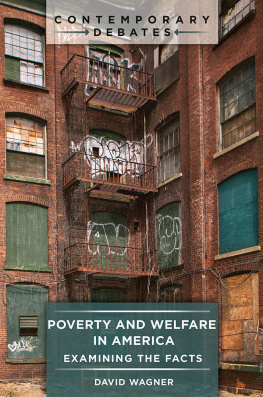
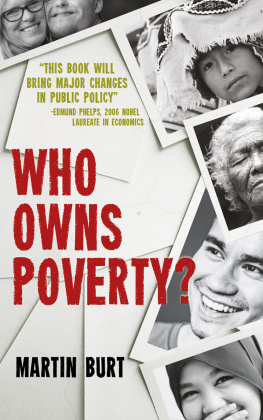
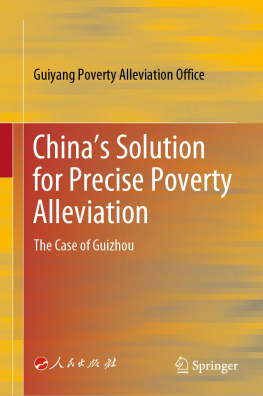
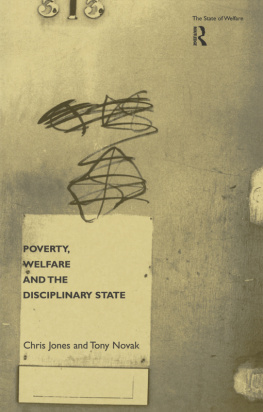
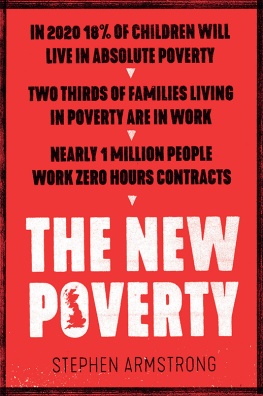


.jpg)